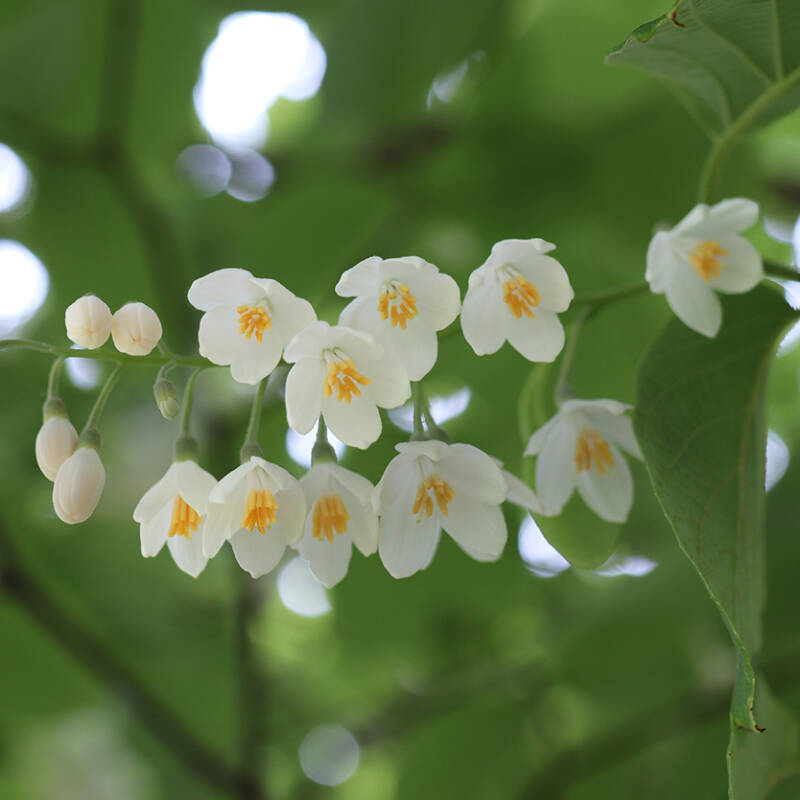True or false: Life in the Hamptons is just about perfect. Well, we all know the answer–nowhere is life perfect–but for gardeners on the east end of Long Island, imperfection comes equipped with four very long legs, a high-jumper’s technique, and goes by the name of “deer.” This week, Southampton-based landscape designer Lisa Bynon shares the inspired deer fence she created for her own garden, which renders it as close to perfection as we’ve seen. For the next 48 hours, Lisa is available to answer questions, so drop her a note in the comment section below:
Bynon bought the 2.7-acre property seven years ago with her partner, Mona Nerenberg (owner of Bloom, a popular housewares shop in nearby Sag Harbor). They laid out a 112- by 72-foot garden that would be big enough for vegetables, flowers, and a ten-foot trestle table where they planned to host friends for twilight dinners. But what about that fence? Here’s how Bynon put it together.
Photographs courtesy of Lisa Bynon Garden Design.
Above: Tasty young lettuces flourish in the Southampton soil. To prevent rabbits from beating her to the harvest, Bynon backed the lowest two feet of fencing with chicken wire and sunk it several inches into the ground. For more ideas on discouraging wildlife in your garden, see 10 Easy Pieces: Humane Ways To Outwit Varmints.
Above: The diamond-patterned fence encloses Nikko Blue hydrangea, which brings color to a fairly monochromatic plot. “My typical color scheme is green, gray, and white,” says Bynon, who extends the palette to include pastels in mid-summer. Interspersing flowers and vegetables creates interest throughout the season and avoids a completely picked-over look when cutting or harvesting has just been done.
Above: The back lawn is bisected by a 3-foot-tall privet hedge. “I love to use privet to create garden rooms,” says Bynon. “It’s a way of making spaces feel larger and more atmospheric. You don’t see everything all at once.” The fenced garden is visible in the distance, a placement that was purely intentional, Bynon says. “There is something special about walking out to the garden at the end of the day, picking vegetables for dinner or flowers for the house.”
Above: Broad garden gates swing open to frame beds of fern and boxwood. Bynon designed the fence after a similar one at Hatfield House in Hertfordshire, England (probably a Victorian addition to the 17th-century garden), and had it made by her own woodworkers. The material is untreated cedar–”pressure-treated lumber would last longer,” she admits, but she prefers the color of the natural wood. The fence is 8 feet high, and each section is 8 feet long. Using this square proportion like a grid, Bynon created an X in the center of each square and then a larger diamond around the X. When the sections are arranged side by side, a running pattern is created.
The squares are each 24-by-24 inches–large enough for a deer fawn to jump through, as it turns out. So Bynon ran heavy-gauge wire around the interior, blocking every square both vertically and horizontally.
Above: Only grow what you can eat, that’s the rule Bynon and Nerenberg follow. “It’s very easy to get carried away with growing exotic things,” Bynon says. “I really try to limit myself to what I like to eat, as it makes me sad to throw out food. If I have too much I give it away to friends or to my chickens.”
White Dawn roses will soon be climbing the fence. “They bloom several times a season and are quite hardy,” Bynon says.
Above: Privet encircles the fence at a height of three feet–and that’s where it will stay. Bynon trims it along the fence line, a convenient measuring stick. When guests come out to the garden for dinner, they find the trestle table set with white tableware and simple hand-blown glassware, all in keeping with Bynon’s no-fuss garden scheme.
Above: Single hollyhocks in a suite of pinks are trained up bamboo posts along the garden fence. Bynon plants them en masse and cuts them frequently for the house. When the supply dwindles, she turns to other favorites such as white dinner plate dahlias, clematis, sweet peas, Queen Anne’s lace, and sunflowers.
Parting shot: The deer win, at least in the wintertime. When the fence isn’t protecting much, it still makes a ravishing piece of architecture.
Loving the prospect of a garden room of your own? See In Search of Secret Gardens, Reader Edition.

















Have a Question or Comment About This Post?
Join the conversation